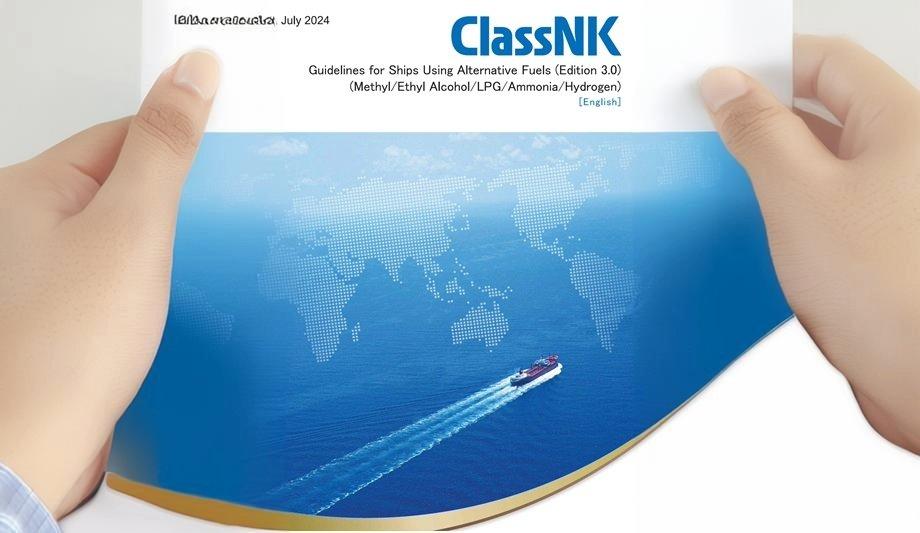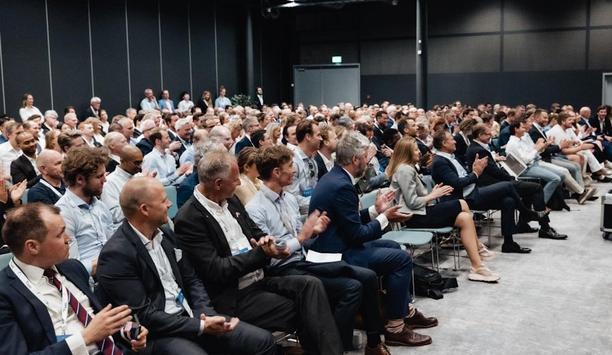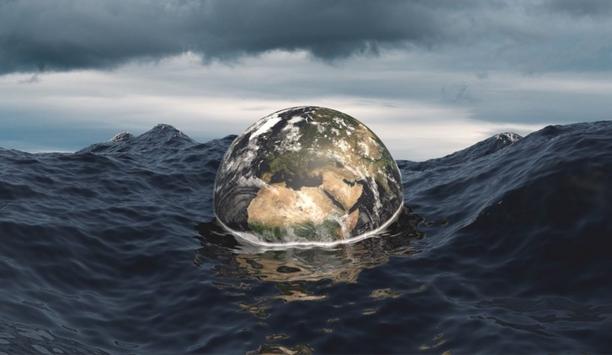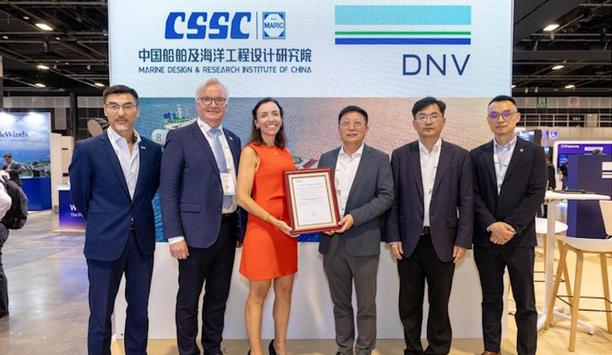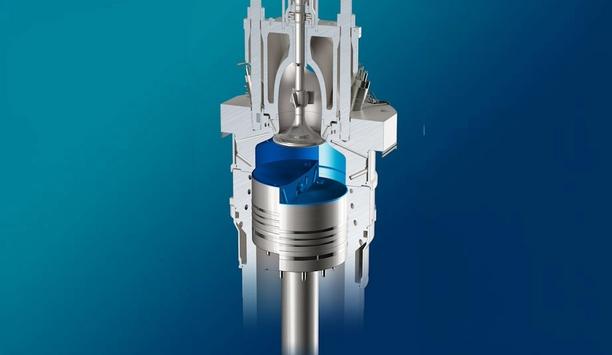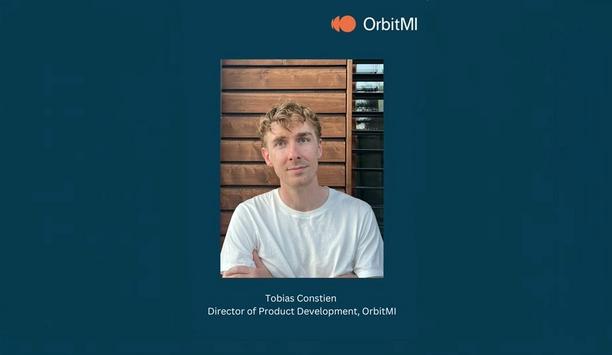ClassNK published estimated leak frequencies of ammonia fuel from onboard components for ammonia-fuelled ships, usable for risk assessment.
The estimated leak frequencies were added as an appendix of 'Part C of Guidelines for Ships Using Alternative Fuels (Edition 3.0)'.
Ammonia for ships
Ammonia, which does not emit CO2 when burned, is expected to be utilised as an alternative fuel for ships, and various studies and developments are currently underway toward the practical application of ammonia-fuelled ships.
Such ship design incorporates risk assessment, and risk assessment involves the consideration of the probability of ammonia leak from each component. However, statistical data on onboard ammonia leaks have been extremely limited, therefore probability estimation of onboard ammonia leaks was difficult.
Ammonia leak estimation
Bayesian method to estimate the probability of ammonia leak from each component combined
Therefore, ClassNK, in collaboration with the Research Institute of Science for Safety and Sustainability (RISS), a department of the National Institute of Advanced Industrial Science and Technology (AIST), conducted a probability estimation of the ammonia leak.
Specifically, they used the Bayesian method to estimate the probability of ammonia leak from each component combined with:
- The onshore ammonia leak frequency data in Japan extracted from the database of the High-Pressure Gas Safety Institute of Japan, and
- The LNG leak frequency data in LNG-fuelled ships.
Ammonia leak frequency
Thus, probability estimation using the Bayesian method applies to the risk assessment of substances with few actual operations, such as hydrogen.
This is the first time in the world to estimate the ammonia leak frequency in onboard components for ammonia-fuelled ships.
Risk assessment
By using this estimated leak frequency in onboard components for ammonia-fuelled ships, a more reasonable and reliable risk assessment is achieved.
As part of the 'ClassNK Transition Support Services' that comprehensively supports their customers' smooth transition to zero-emission, ClassNK will continue to promote initiatives for the safe use of ammonia and other alternative fuels.
